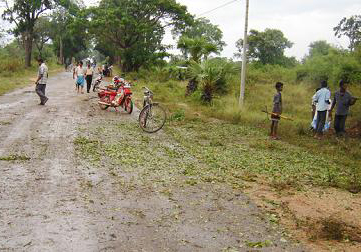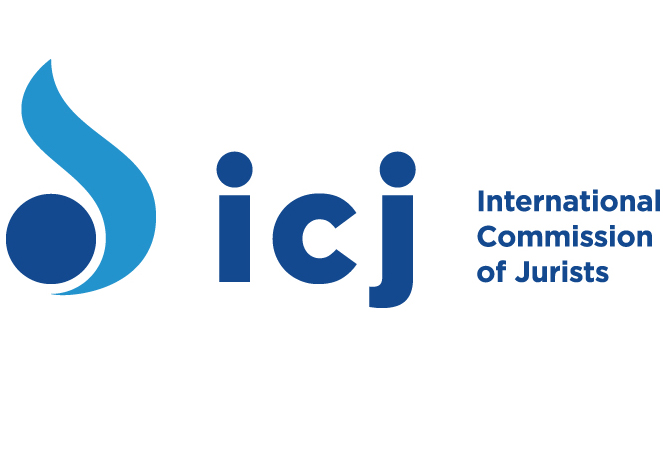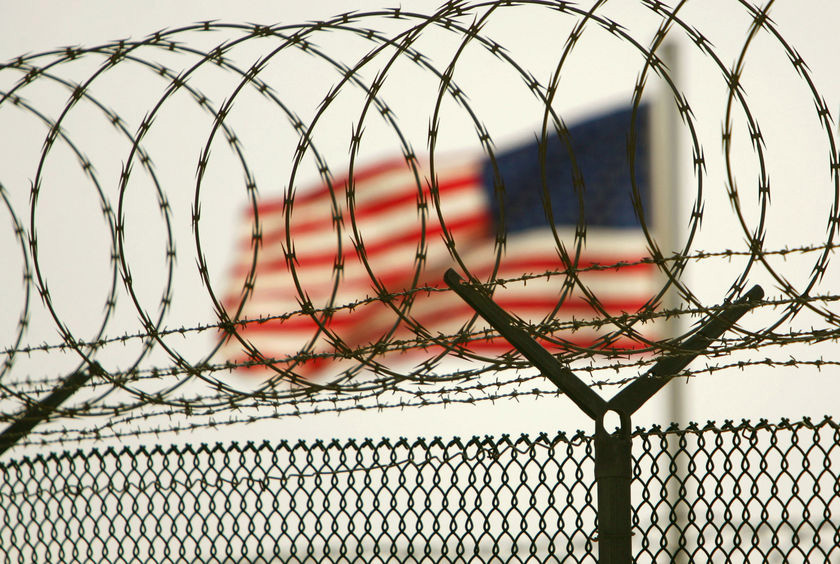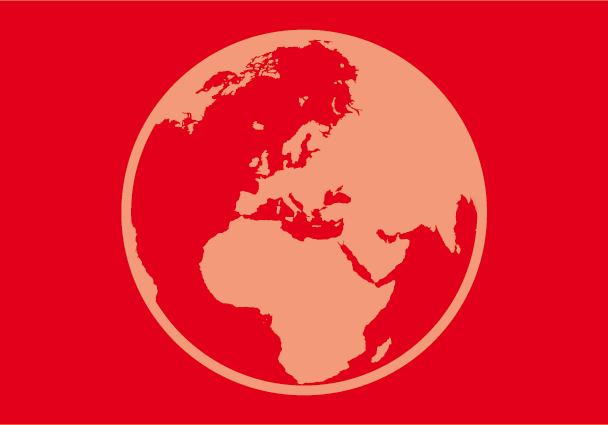
May 15, 2009 | News
The ICJ is urging the international community to take further steps to ensure the Government of Sri Lanka addresses the dire humanitarian and human rights situation in the country.
Currently, up to 50,000 civilians are trapped within the shrinking conflict zone in the Vanni district on the north-eastern coast and 196,000 people have fled the conflict zone.
Sri Lanka-The International Community must increase pressure-Press releases-2009 (full text, PDF)

May 11, 2009
The ICJ is concerned by the Government’s participation in – and failure to protect its people from – forced evictions.
In its comments on the Initial Report of Cambodia on the implementation of the International Covenant on Economic, Social and Cultural Rights, the ICJ also drew attention to the harassment and absence of protection for human rights defenders who focus on economic, social and cultural rights, particularly those working on housing and land rights.
It also urged the Government to ensure and guarantee the independence and impartiality of judiciary, unhindered access to justice and the right to a remedy for victims of human rights violations.
Cambodia-ICJ’s comments on the Initial Report-Position papers-2009 (full text, PDF)

May 8, 2009
The ICJ provides its views to the Committee Against Torture for the consideration of the Fourth Periodic Report of Israel.

May 6, 2009 | E-bulletin on counter-terrorism & human rights, News
Read the 33rd issue of ICJ’s monthly newsletter on proposed and actual changes in counter-terrorism laws, policies and practices and their impact on human rights at the national, regional and international levels.

May 4, 2009 | News
The ICJ presented today the findings of a worldwide inquiry by a panel of some of the most prominent jurists into the impact of counter-terrorism laws on human rights at the United Nations in New York.
The report of the Eminent Jurists Panel concludes that many governments have confronted the threat of terrorism with ill-conceived measures that have undermined cherished values and resulted in serious violations of human rights.
It illustrates the devastating effects that notorious counter-terrorism measures such as extraordinary rendition, torture, arbitrary detention, and unfair trials have had on human rights worldwide.
It also warns of the increasing secrecy preventing accountability, and the danger of “temporary” measures becoming permanent features of law and practice in many states.
UN leadership in counter-terrorism-press release-2011 (full text, PDF)









